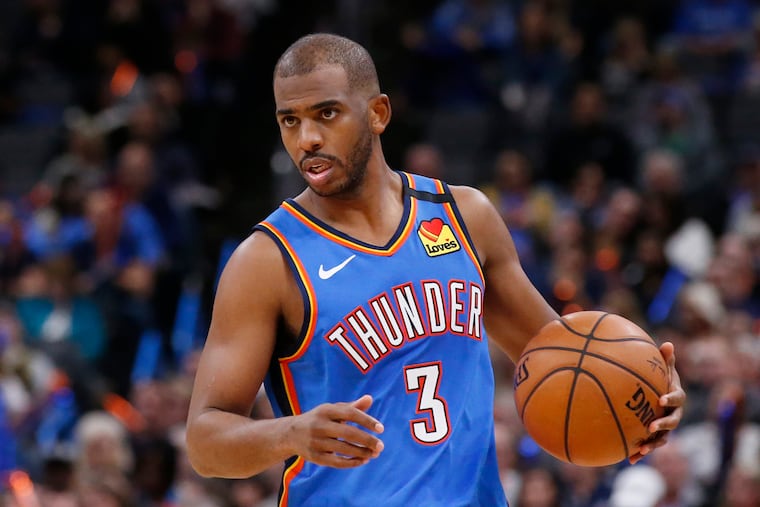It was inspiring to hear that NBA players forged a plan forward | Keith Pompey
The Milwaukee Bucks set off a professional sports chain reaction by boycotting Wednesday’s Game 5 first-round game against the Orlando Magic to protest racial injustice.

KISSIMMEE,Fla. — I was disheartened and embarrassed. Now I’m delighted and encouraged.
My initial emotions came Wednesday night when I learned that Los Angeles Clippers assistant coach Armond Hill, in an NBA players and coaches meeting about a possible boycott of playoff games, had said that only 20% of the players in the room were registered to vote.
These guys are role models who are a huge influence in their communities. They are speaking out against racial injustice and police brutality, but only 20% are registered to vote.
How could this be?
I was embarrassed because that figure made it obvious that the majority of the players didn’t get it. The guys were either too young, too financially secure, or oblivious to the fact that every vote counts.
On that night, members of the 13 playoff teams packed into a room to decide their next step after the Bucks made history.
The Milwaukee players set off a professional sports chain reaction by boycotting Wednesday’s Game 5 first-round game against the Magic to protest racial injustice and that Sunday’s shooting of Jacob Blake, an unarmed Black man, by police in Konesha, Wis.
That led to the WNBA, Major League Baseball, the NHL, and Major League Soccer joining the NBA as its players boycotted games, too. The NBA returned to action Saturday.
The league resumed play only after two days of intense meetings, some soul searching, and commitments from league owners to do more.
On Friday, the NBA and the National Basketball Players Association announced an agreement to establish a social justice coalition and convert team arenas into voting locations for the general election.
As of Saturday, TV networks aired advertising spots during playoff games, encouraging people to vote in national and local elections.There was also a “Vote” logo on the video board at each end of the arena. Those were parts of the NBA’s new effort to raise awareness of voter access and opportunity.
Credit goes to the Bucks for taking a stand. Not only did Milwaukee’s players boycott the game, they spoke to Wisconsin Attorney General Josh Kaul and Lt. Gov. Mandela Barnes.
Their actions triggered that initial Wednesday night meeting. Hill’s discussion about voting was an eye-opener for the players, 81.1% of whom are Black, according to interbasket.net. Hill’s comments underscored a large issue. Not only have Black people been excluded from the voting process, we have excluded ourselves from it.
Voting is one of the best ways to make a difference, to be heard.
Hill told the players that voting is the power to make change. He told them President Donald Trump has assigned more than 200 federal judges so far. NBPA president and Oklahoma City point guard Chris Paul also got involved in the discussion. He said he got all of his teammates registered to vote.
The message was clear: Get guys registered to vote.
And it didn’t end there. Houston Rockets assistant coach and former Sixers head coach John Lucas made a powerful speech.
“Today was historic. Don’t [mess] it up,” Lucas said. He told them to share their initiatives with people who can make a difference. He told them to call NBA commissioner Adam Silver, and contact team owners and politicians.
As we now know, Paul, Lakers great LeBron James and other players spoke with former President Barack Obama late Wednesday night. Obama advised them to continue the postseason.
They also discussed establishing a social justice committee to ensure that their efforts will lead to an engagement with others on criminal justice and police reform.
“Fifteen years in this league, and I’ve never seen anything like it,” Paul said of the players coming together. “But the voices that were heard, I’ll never forget it.”